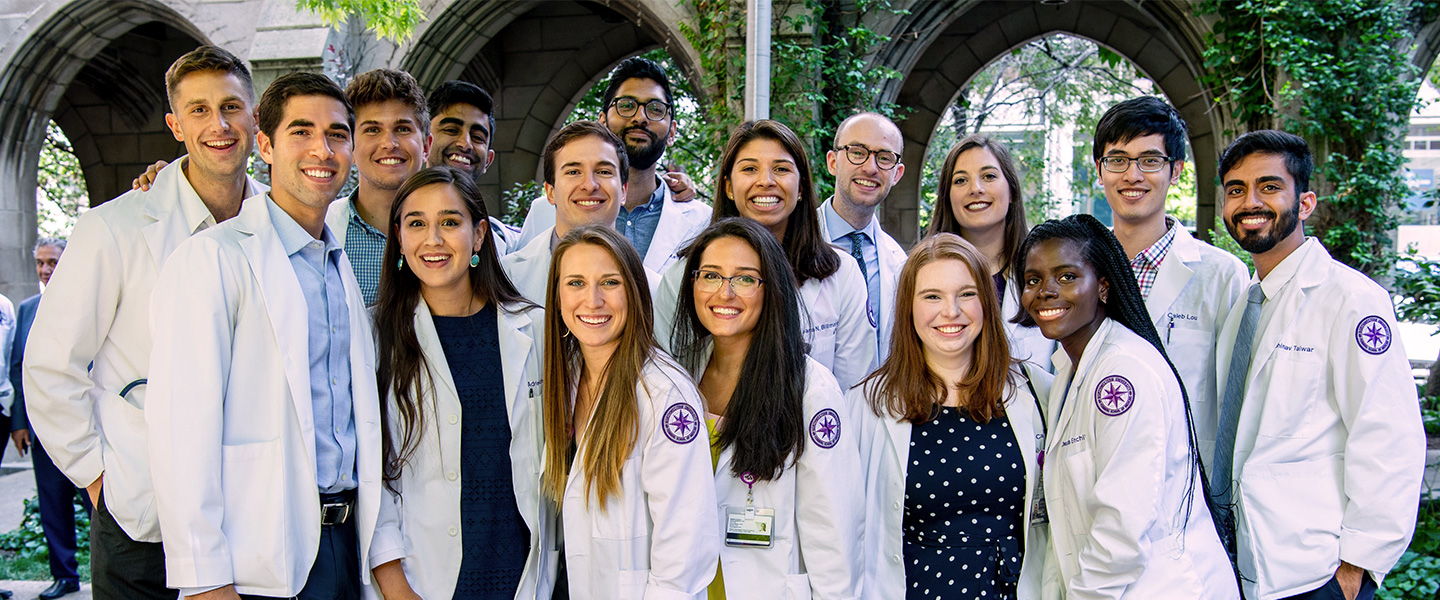Scholarship: Fully funded
Degree: Ph.D
Nationality: International Students
Location: USA
Application deadlines: Open
Scholarship Description:
Northwestern University is ranked 9th best university in the country by U.S. News & world Report 2022. The Department of Biochemistry and Molecular Genetics at Northwestern University Feinberg School of Medicine offers an impressively stimulating environment for conducting scientific research and is seeking a self-motivated and collaborative postdoctoral scientist to carry out transformative research in the laboratory of Dr. Shannon Lauberth. The laboratory is located in the Simpson Querrey Biomedical Research Center on Northwestern’s campus in downtown Chicago, which is surrounded by renowned hospitals and the top ranking Robert H. Lurie Cancer Center. The postdoctoral scientist will join a team of researchers that is making advances in basic and translational studies in the cancer epigenetics field. The primary focus of the research in the Lauberth lab is to investigate how clinically distinct alterations in the cancer cell transcriptome and epigenome are established and how they impact patient response and resistance to cancer therapies.
Dr. Lauberth and her team have made significant contributions in identifying numerous mechanistic insights into the functions of epigenetic regulators and DNA binding activators (ie. tumor suppressor p53, p53 mutants, NFB, and coactivators, including p300,TOP1, BRD4, ATAC and MLL3/4 complexes) in their regulation of new classes of enhancers that alter the cancer cell transcriptome. We have further characterized mechanisms underlying how these enhancers become differentially activated following exposure to immune signaling within the tumor microenvironment (Nature Communications, JBC, NSMB). These findings revealed that enhancers are crucial hubs for establishing changes in gene expression programs that contribute to cancer cell plasticity.
In a parallel line of study, the Lauberth lab has revealed new insights into the emerging classes of noncoding RNAs (ncRNAs) that include enhancer-derived RNAs (eRNAs) and downstream-of-gene (DoG) transcripts. We have discovered novel functions of ncRNAs through interactions with non-canonical RNA binding proteins (Molecular Cell and NSMB). A primary goal of the Lauberth Lab research program is to gain a comprehensive understanding of noncoding RNAs in aging and tumorigenesis which will lead to targeted therapies for cancer and age-related diseases. Our work on enhancer regulation and enhancer RNAs as important regulators of the epigenome has been covered in the San Diego Union-Tribune, Medical News Today, F1000Prime, EurekAlert:The Global Source for Science News.
The Lauberth lab is looking for postdoc candidates who are strongly interested in epigenetics, chromatin biology, and gene regulation. They should also be interested in developing and applying global profiling analyses of noncoding RNAs, histone modifications, transcription factor binding, and gene expression changes using RNA-Seq and ChIP-Seq analyses.These next generation sequencing assays will be carried out using different cancer cell lines, patient-derived organoids, and human and mouse tissues to understand epigenetic and transcriptomic alterations underlying development, aging, and human disease. Individuals will also be responsible for performing functional studies by implementing biochemical (EMSA, Co-IP, UV-RIP, recombinant protein expression and purification) and/or molecular (ChIP, IF, dTAG, siRNA/shRNA, CRISPR, qRT-PCR) assays. Previous experience with bioinformatic analyses is desirable but not necessary.
Available Subjects:
- Epigenetics, chromatin biology, and gene regulation.
Eligibility criteria:
The ideal applicant is expected to be:
- Recently graduated with a doctoral degree (PhD or MD/PhD)
- Experienced in cancer biology and cancer genetics/epigenetics and transcriptomics
- Preference will be given to candidates with first-author publications in peer-reviewed journals
Application Procedure:
Interested applicants should send the following to [email protected].
- A cover letter containing a brief summary of prior work, research interests and career plans
- Curriculum vitae
- Names and contact information for three professional references
